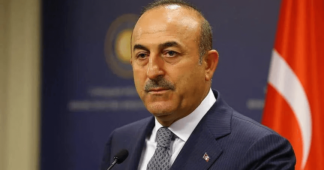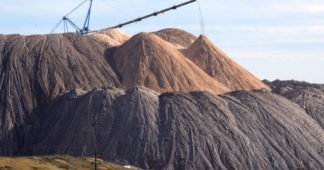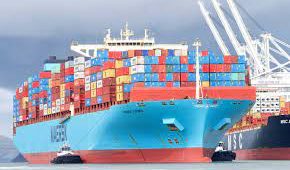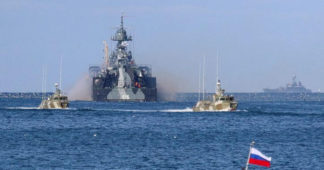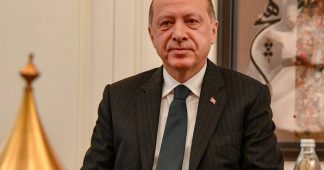Poland and Hungary will halt imports of Ukrainian grain
Posted on
Categories Poland and Hungary will pause imports of Ukrainian grain. The European Union’s agricultural policies in response to the Russian invasion of Ukraine have caused a glut of wheat in Central Europe, harming the region’s farmers.
On Saturday, Hungarian agriculture minister István Nagy announced Budapest would temporarily block imports of Ukrainian wheat and oilseeds until July 30th. In a separate statement, Jarosław Kaczyński, the leader of the ruling Law and Justice party, said Warsaw would also halt grain imports from Kiev. The Polish ban extends to other food products, such as beef and eggs.
Warsaw and Budapest made the decision in response to demands made by struggling farmers. Wheat prices in Central Europe dropped after a bumper crop and additional Ukrainian imports.
The EU denounced the actions by Poland and Hungary as unacceptable. “Trade policy is of EU exclusive competence and, therefore, unilateral actions are not acceptable,” said Miriam Garcia Ferrer, the commission spokesperson for trade and agriculture. “In such challenging times, it is crucial to coordinate and align all decisions within the EU.”
After Russia invaded Ukraine last February, the EU lifted customs duties and quotas on Ukrainian grain imports. Some grain that was exported via the Black Sea was rerouted through Europe by rail as well. However, a portion of the wheat became stuck in Central Europe as those nations lack the infrastructure to move in the influx of grain.
In April 2022, the EU warned, “There is widespread international concern that Russia’s war will provoke a global food crisis.” However, according to a Financial Times report on Sunday, the desperate rush for food has not materialized. “Struggling with high debt and weakening economies, poorer nations in Africa and elsewhere have also recently been seeking to curtail food imports,” the outlet noted. A reduction in demand will put additional downward pressure on prices for the struggling Polish and Hungarian farmers.
Kyle Anzalone is the opinion editor of Antiwar.com, news editor of the Libertarian Institute, and co-host of Conflicts of Interest.
We remind our readers that publication of articles on our site does not mean that we agree with what is written. Our policy is to publish anything which we consider of interest, so as to assist our readers in forming their opinions. Sometimes we even publish articles with which we totally disagree, since we believe it is important for our readers to be informed on as wide a spectrum of views as possible.

